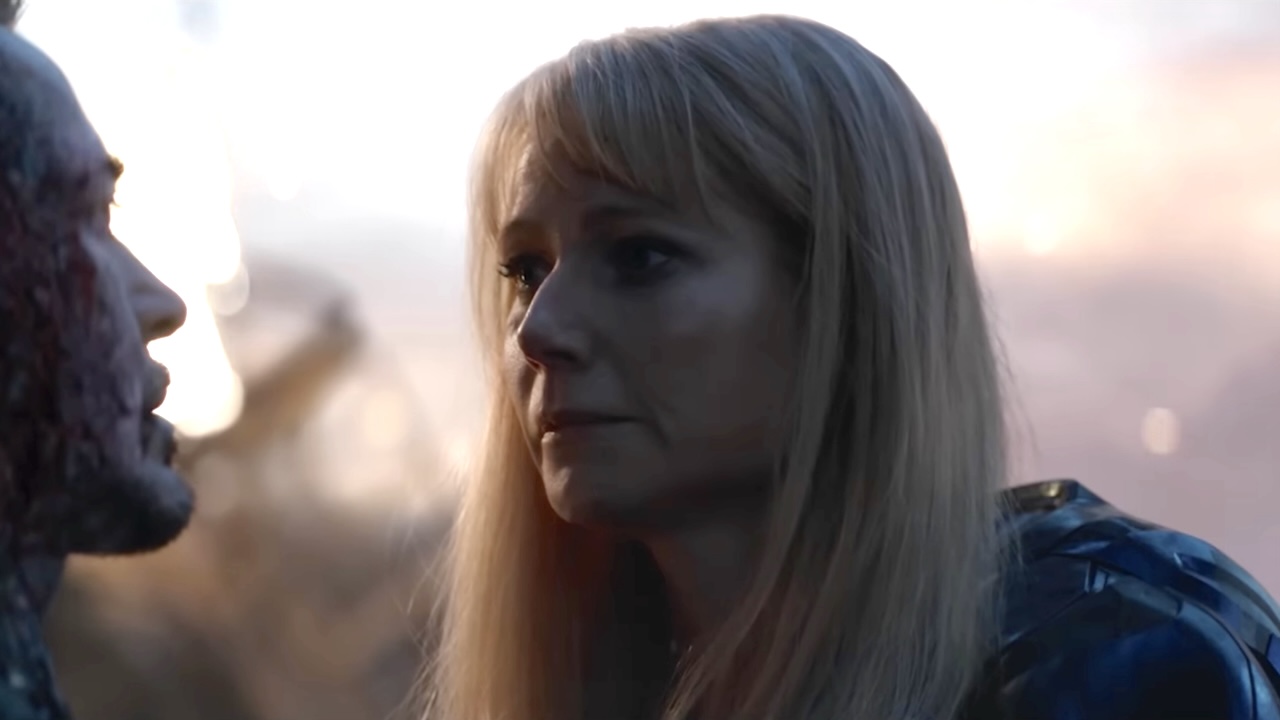Adapting Stephen King's Word Processor Of The Gods: Does The 1984 Tales From The Darkside Episode Need A Reboot?
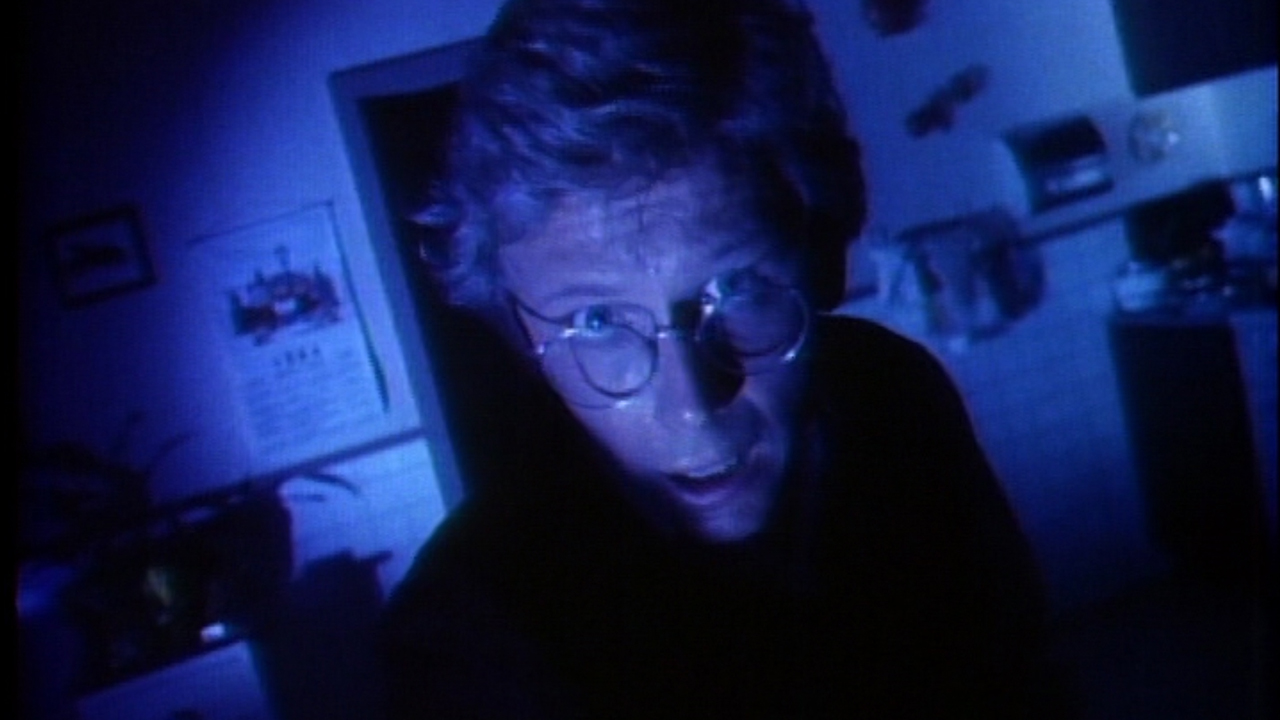
From The Shining, to Misery, to The Dark Half, typewriters have been regularly featured in the works of Stephen King – but as noted by Douglas E. Winter in Stephen King: The Art Of Darkness, it was in 1982 that they stopped being his “principal writing tool.” By that point in his career, the author had experienced enough financial success to allow him to switch over to what was still an emerging technology: a word processing computer. Being one who constantly finds inspiration in the world around him, King didn’t wait long before putting the magic-like device at the center of a short story, one simply titled “The Word Processor,” and by January of the next year it was published in Playboy magazine.
Meanwhile, one of Stephen King’s favorite Hollywood collaborators, George A. Romero, was busy expanding his career on the small screen. Following the director’s success with Creepshow, interest was developed in the idea of a horror anthology television series, and while rights issues prevented use of the film's title, Laurel Entertainment produced the first season of Tales From The Darkside in 1984. Given Romero’s history with King, it didn’t take long for the latter’s work to be integrated into the show, and “The Word Processor” was adapted as the eighth episode of the first season – albeit with the new title “Word Processor Of The Gods” (a title that stuck when it was later included in the 1985 collection Skeleton Crew).
It can often be the case that stories about emerging 20th century technologies don’t age well due to how rapidly everything changes in modernity – but is this an example of an exception? That’s the query I’ll be processing in this week’s edition of Adapting Stephen King.
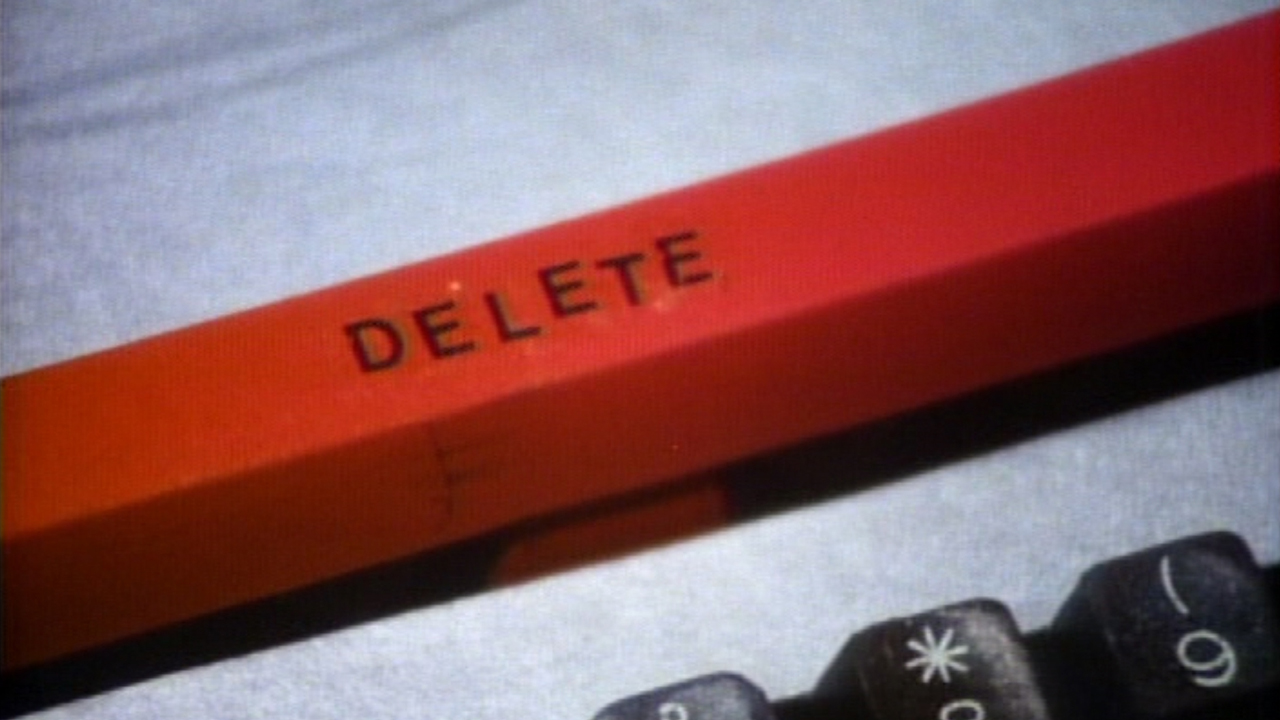
What Word Processor Of The Gods Is About
Stephen King goes into deep detail about the origins of “Word Processor Of The Gods” in the introduction of Skeleton Crew, noting that it was particularly the “INSERT” and “DELETE” keys that caught his attention as he was getting acclimated to his first Wang computer. One night approximately a month after his purchase he found himself suffering through some kind of “nasty little bug,” and while staying in the guest bedroom (due to its proximity to the bathroom) he found himself focusing on a thought:
Wouldn’t it be funny if this guy wrote a sentence, and then, when he pushed DELETE, the subject of the sentence was deleted from the world?
At first he imagined how this process could quickly escalate in a narrative – going from deleting a chair in the living room to deleting New York City and “the concept of war” – but the story became more intimate with the thought of how a character could use a magic word processor to add to his life… perhaps by deleting a hateful spouse and replacing her with someone else.
Sitting at his computer after that rough night, Stephen King conjured the story of Richard Hagstrom, a struggling writer and teacher with an abrasive, callous wife, and dipshit son. On his birthday, Richard is delivered a home-made word processor created by his dearly departed nephew, Jonathan – who managed to create the machine out of scrap wires, a Western Electric telephone, a train transformer, and an Erector Set motor. The protagonist has little faith that it will actually function, but Jonathan’s neighbor, Mr. Nordoff, suggests that he not underestimate the teenager’s impressive technical skills.
After Nordoff leaves, Richard is shocked to discover that the word processor not only works, but seems to have the capacity to alter reality – entering test commands to delete a picture on the wall, and conjure a bag of gold coins on the floor. The computer quickly overheats and shuts down when it’s used, letting Richard know that there are only so many times he can use it, and he finds himself making massive choices in the hopes of rectifying his sad life.
Your Daily Blend of Entertainment News
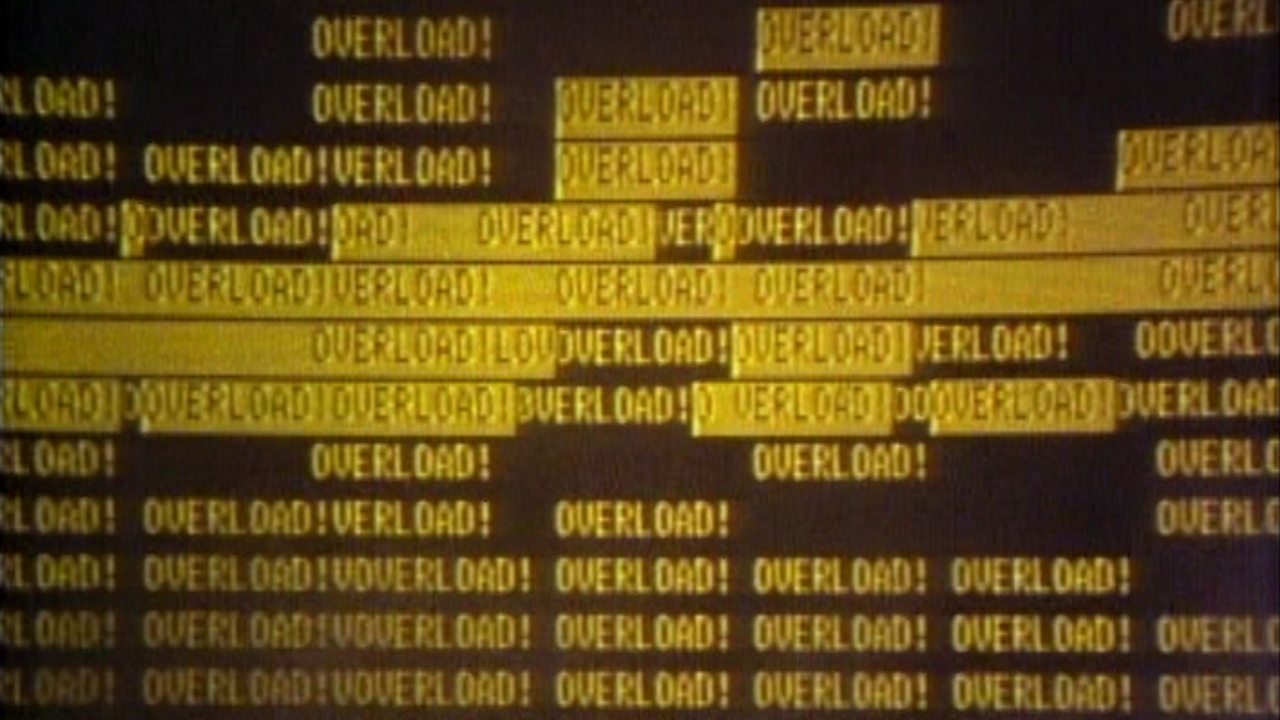
How Tales From The Darkside’s “Word Processor Of The Gods” Differs From Stephen King’s Short Story
Short stories and anthologies are mediums that co-exist tremendously well: a fun, quick narrative can be brought to live-action, and the process doesn’t require any strenuous effort to expand and stretch the material to be the length of a full feature or series. Creepshow was the first title to demonstrate this as far as adapting Stephen King is concerned, and Tales From The Darkside further confirmed the principle. In the writing of the teleplay version of “Word Processor Of The Gods,” screenwriter Michael McDowell didn’t exactly inject a great deal of creativity, as the whole thing plays out nearly scene-for-scene as it does in King’s version.
Of course, it’s not “perfect” – but the changes that are made are wholly explicable when you examine them. For example, there is the construction of Jonathan’s custom word processor itself. As alluded to in the section above, Stephen King goes into heavy detail regarding the wide variety of components used to bring the machine to life, with a particular focus on the parts that come from a train set. The descriptors do a wonderful job painting the idea that there is audacity in the fact that the thing really operates, and it works because the reader can’t see the machine for themselves. In the Tales From The Darkside episode, Richard (Bruce Davison) doesn’t need to do a close examination of the thing because we can see for ourselves that it looks like wired-together garbage.
That’s a case where a visual medium has its advantages, but there are other changes in the material that effectively demonstrate its limitations. Both the short story and the adaptation feature the scene with Richard “deleting” his son, Seth (Patrick Piccininni), from existence, and having a waking nightmare of his wife, Lina (Karen Shallo), coming home and calling him a murderer – but one thing that Tales From The Darkside doesn’t include is having it so that Lina goes from weighing 180 pounds to about 300. For Stephen King it was an easy way to have Richard see what would have happened to Lina if she never had any kids, but for the adaptation it would have been costly, and thus it was surely an easy cut from the material.
There are other minor changes as well, such as Seth hanging out with his bandmates when Richard makes him disappear (they disappear too because they have no reason to be at the house if Seth doesn’t exist), but they are inconsequential and don’t significantly affect the plot or its impact.
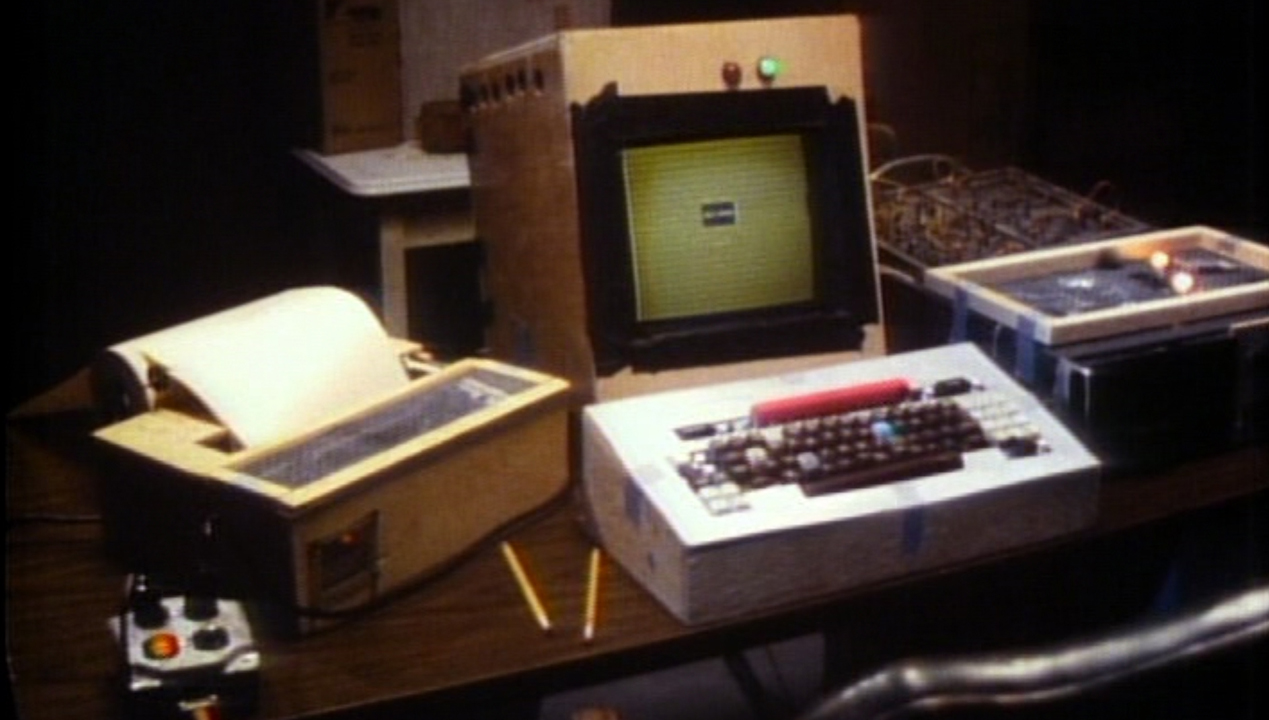
Is It Worthy Of The King?
Both reading and watching “Word Processor Of The Gods,” one could make a strong argument that the biggest surprise it packs is that it’s not really a horror story. In fact, it’s pure sci-fi fantasy. “Be careful what you wish for; it might just come true” is a Stone Age cliché that has been constantly emphasized in fiction, and watching Richard type commands into his magical machine you’re just waiting for the other shoe to fall. But that other shoe never comes. You expect the universe to somehow punish the protagonist for erasing his family from existence in favor of selfishly creating his own ideal life… but it doesn’t. Instead, he resurrects his beloved nephew back – as his own son no less – and as a cherry on top he is married to Jonathan’s mother, who was his first love. It’s a practically saccharine ending, and not at all what Stephen King fans expect from the author who kills a child at the end of Cujo.
The short story and the Tales From The Darkside episode can be referenced in tandem because the latter really is just the former brought into live-action. The adaptation captures the mood of the piece, and while not precisely anything special, the performances deliver the full story (Bruce Davison would get much better material to work with years later in the Stephen King-penned Kingdom Hospital). It very much feels like a product of its time, which is appropriate given that the technology involved makes it very era specific.
One really needs to watch “Word Processor Of The Gods” in that context, because the truth of the matter is that it’s not a tale that carries a whole lot of weight or makes much of an impact beyond it. King was hardly the first writer to imagine a writing device that could change reality, as there was even an original Twilight Zone episode that used the idea (“A World Of His Own”) – and the plot device has since been featured in everything from the John Candy comedy Delirious to the Goosebumps book The Blob That Ate Everyone. The only thing that really differentiates it is the fact that the computer doesn’t generate any negative consequences for its main user, but that isn’t really an argument in the adaptation’s favor. It could be special if it featured some kind of horrific and ironic twist at the end, but instead the ultra-happy route renders it mostly forgettable.
All that said, it should also go without saying that this isn’t a story at which any filmmaker should feel compelled to take another crack. Any kind of reboot would require such massive changes that the original material would become unrecognizable, and recognizing that as the case you can see that there wouldn’t be much of a point in developing a new adaptation.
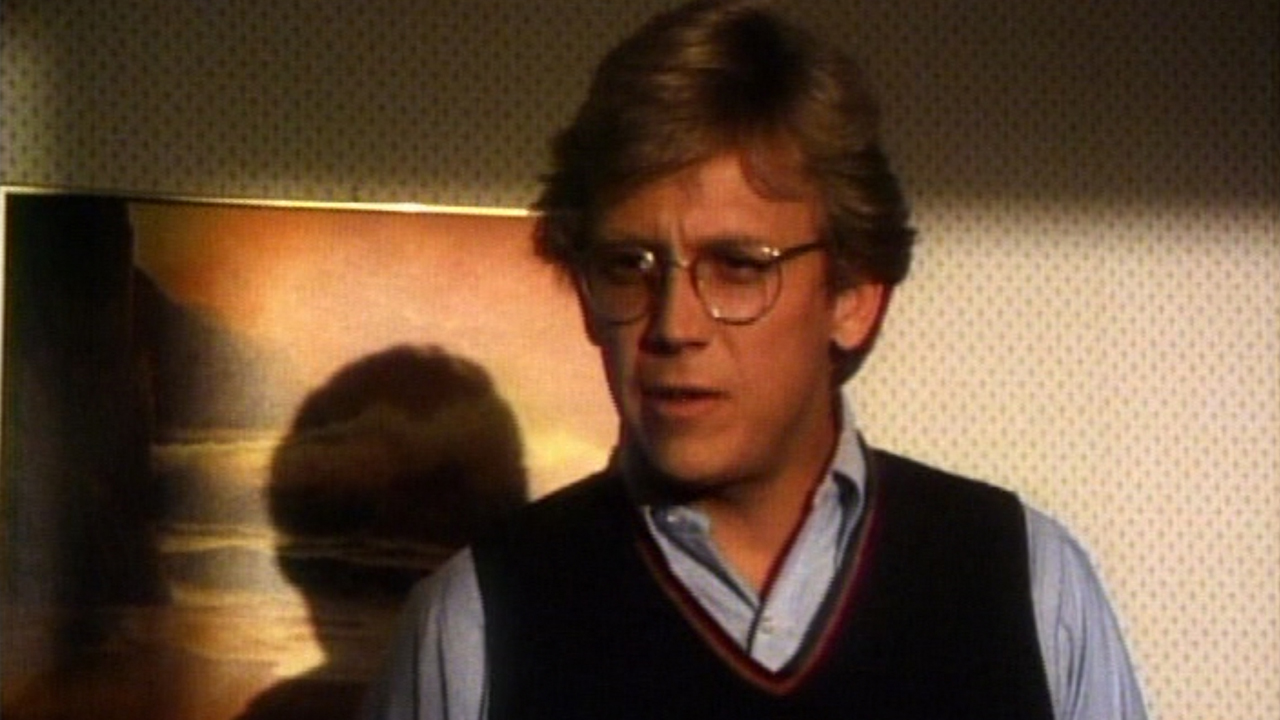
How To Watch Tales From The Darkside’s “Word Processor Of The Gods”
All of the films and TV movies I’ve written about thus far as part of this column have been easily available to watch digitally or on Blu-ray – but sadly Tales From The Darkside’s “Word Processor Of The Gods” is where that streak comes to an end. Unfortunately the anthology series has not yet been brought into the world of HD, and is not available on streaming or any online platforms. The only way to presently find it is on DVD, which you can purchase either via the individual release of Season 1 or by getting the Complete Series. For what it’s worth, if you get the latter that means you also get the Season 4 episode “Sorry, Right Number,” which Stephen King wrote directly for the series (you can find his screenplay in the 1993 collection Nightmares & Dreamscapes).
Next week’s edition of Adapting Stephen King will be remaining in the realm of anthologies and short stories – but the big difference is that it will be a return to the big screen by taking a closer look at Lewis Teague’s Cat’s Eye. Look for the column next Wednesday, and in the meantime peruse previous installments by clicking on the banners below.







Eric Eisenberg is the Assistant Managing Editor at CinemaBlend. After graduating Boston University and earning a bachelor’s degree in journalism, he took a part-time job as a staff writer for CinemaBlend, and after six months was offered the opportunity to move to Los Angeles and take on a newly created West Coast Editor position. Over a decade later, he's continuing to advance his interests and expertise. In addition to conducting filmmaker interviews and contributing to the news and feature content of the site, Eric also oversees the Movie Reviews section, writes the the weekend box office report (published Sundays), and is the site's resident Stephen King expert. He has two King-related columns.
